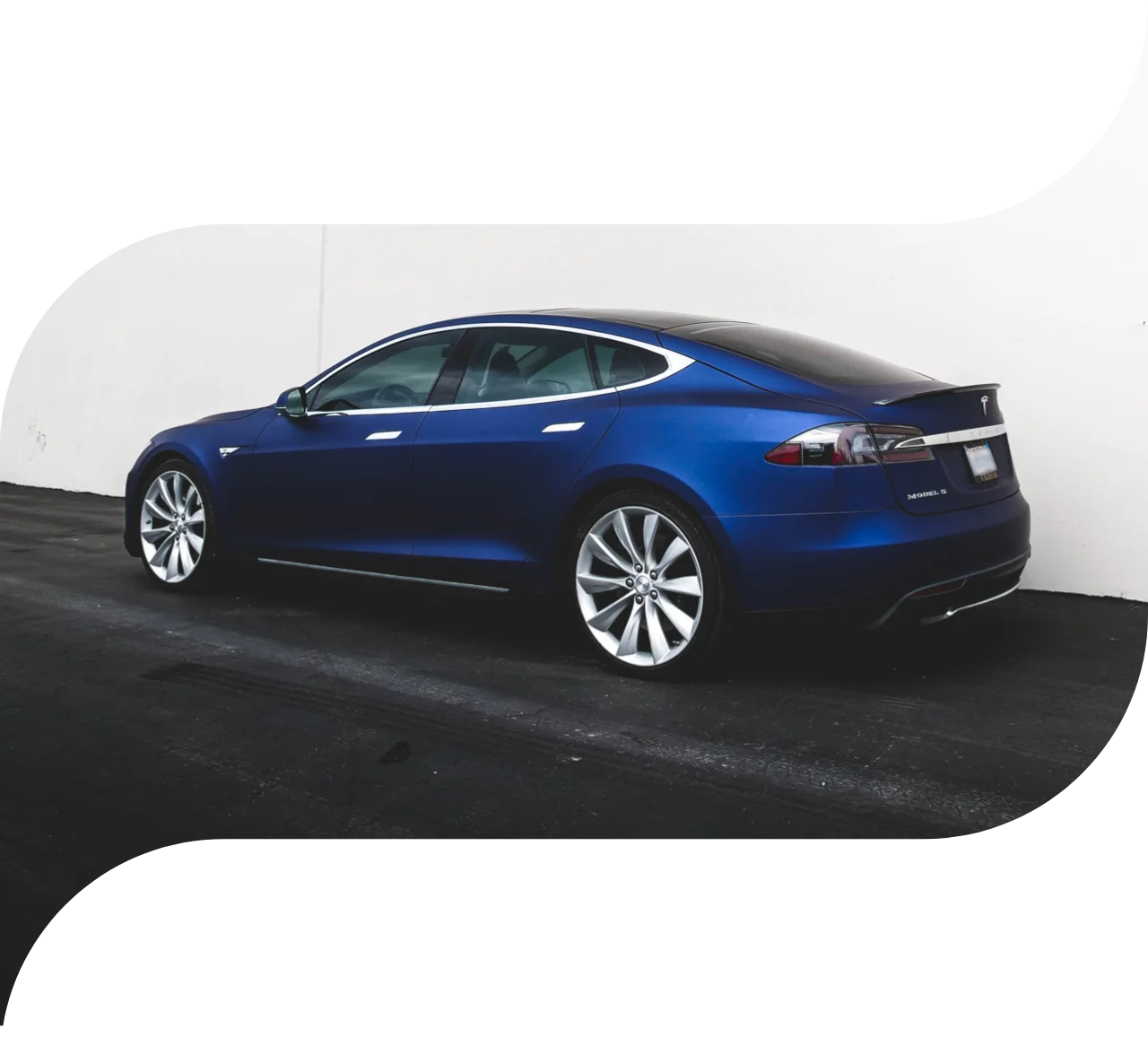There’s no doubt that hydrogen-powered cars have slowly but surely become the talk of the town among environmentally-conscious consumers over the past few years. These vehicles, known as hydrogen fuel cell vehicles (FCEVs), serve as an eco-friendly alternative to their diesel counterparts by utilizing hydrogen instead of gas.
Surprisingly, this technology isn’t exactly brand-new and has already been present for some time now. However, only recently has it been closer than ever to hitting our streets, thanks to the advancements in fuel cell technology and the increase in environmental concerns.
Car enthusiast or not, it’s always exciting to hear what’s next for the future of the automotive industry. It’s only a matter of time before these environmentally clean cars become the new norm in our society!
1. Efficient & Eco-friendly Alternative to Gasoline
FHEVs will undoubtedly play a promising role in saving our precious planet from harmful emissions. These vehicles convert hydrogen gas into electricity, powering the car and propelling it forward. The best part? It doesn’t emit any sort of toxic gas whatsoever. Instead, only water vapor and some heat is emitted, which is, of course, completely harmless to the environment.
Also, renewable sources such as solar and wind power make it relatively unlikely for us to run out of hydrogen anytime soon. This results in the reduction of emissions in the air caused by traditional transportation methods once these cars hit the streets. Many hurdles still stand in the way, however, including the installment of a widespread infrastructure for distributing hydrogen. Worry not, as these issues will all be resolved in the near future!
Have you ever wondered, “How can I sell my car in Dubai?” It’s easier than you might think!
2. Uses Fuel Cells for Energy
The advent of fuel cell technology made a massive change in how we power our precious vehicles. Not only is it cleaner and greener for our planet, but it also delivers numerous other advantages to the driver as well.
By combining hydrogen and oxygen, a powerful chemical reaction is formed that generates electricity to fuel its electric motor. This exciting new method allows hydrogen cars to cover great distances without ever needing to refuel frequently, making them quite a practical choice for daily transportation.
Currently, fuel cells carry several advantages compared to traditional engines, such as emitting zero harmful emissions, providing improved energy efficiency, and creating a smoother and quieter driving experience.
Looking to sell your car in the UAE? We buy any car in Dubai, offering you a hassle-free process and fair prices.
3. Limited Infrastructure for Refueling
As great as hydrogen cars are, one key challenge that currently hinders their world domination is the limited infrastructure for refueling. While traditional gasoline stations are abundant in most urban areas and can be found literally anywhere, the same can’t exactly be said for hydrogen refueling stations. This, of course, poses a significant inconvenience for their owners, especially those who regularly travel long distances.
The limited infrastructure for refueling results from the complicated process and high costs involved in making hydrogen refueling stations accessible in many areas. Given its complexity, governments and many private companies are investing in the development of a more comprehensive hydrogen refueling network.
The global movement towards sustainable transportation has gained momentum. With this, car manufacturers have begun investing in hydrogen-powered vehicles. Such companies are able to acknowledge the immense potential of hydrogen and its ability to significantly decrease gas emissions.
Through extensive research and development efforts, they are focused on creating cutting-edge models that utilize hydrogen fuel cells. By utilizing their expertise in automotive technology, these automakers are striving to produce hydrogen cars that deliver exceptional performance, longer driving ranges, and quick refueling times.
While these magnificent vehicles aren’t yet ready for the roads, it won’t take long before they take over the automotive industry with their eco-friendliness and high-tech features!


